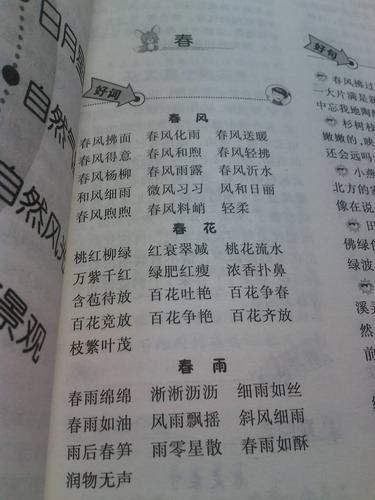
enemy复数
1.
读音 英[ˈenəmi] 美 [ˈenəmi]
2.
释义 n. 敌人;仇人;反对者;敌国;敌军;敌兵;危害物;大敌;敌舰,敌机;冤家对头...
3.
词性转换 复数: enemies
、常说的enemy是什么意思
敌人;仇人;反对者
eg: She didn’t realize that she had made an enemy in the company.
她没有意识到她已经在公司里树敌了。
敌国;敌军;敌兵
eg: The enemy have occupied the city.
敌人已经占领了这个城市。
危害物;大敌
eg: Self-conceit and ignorance are enemies of progress.
自满和无知是进步的大敌。
二、enemy常和这些词搭配
public enemy 公敌
eg: After the incident, he was regarded as a public enemy.
从那件事以后,他成了公敌。
natural enemy 天敌
eg: Snakes are born to be natural enemies of rats.
蛇是老鼠的天敌。
political enemy 政敌
eg: He was competing with his political enemies.
他正在和他的政敌竞争。
enemy forces 敌军
eg: They were defeated by the powerful enemy forces.
他们被强大的敌军打败了。
三、这几个词有什么区别?
enemy 意为“敌人,仇敌”,是普通用语,在指“敌军”时,常用单数形式。
eg: It’s common for you to have enemies through your long life.
你这么长的人生中有敌人也很正常。
foe的意思是“仇敌”,主要用于文学语言中,常与friend相对。
eg: Who is there? A friend or a foe?
谁在那里?朋友还是敌人?
opponent意为“对手”,多指比赛、辩论或竞争中的对方,一般不表示敌意。
eg: He was defeated by his opponent in the game.
他在比赛中被对手打败。
adversary意为“对手,反对者”,可指“反对的一方”,也可指敌人。
eg: Some western countries regard China as a potential adversary.
一些西方国家把中国看做是潜在的对手













